PM wants action on US commitment to CARICOM on clean energy
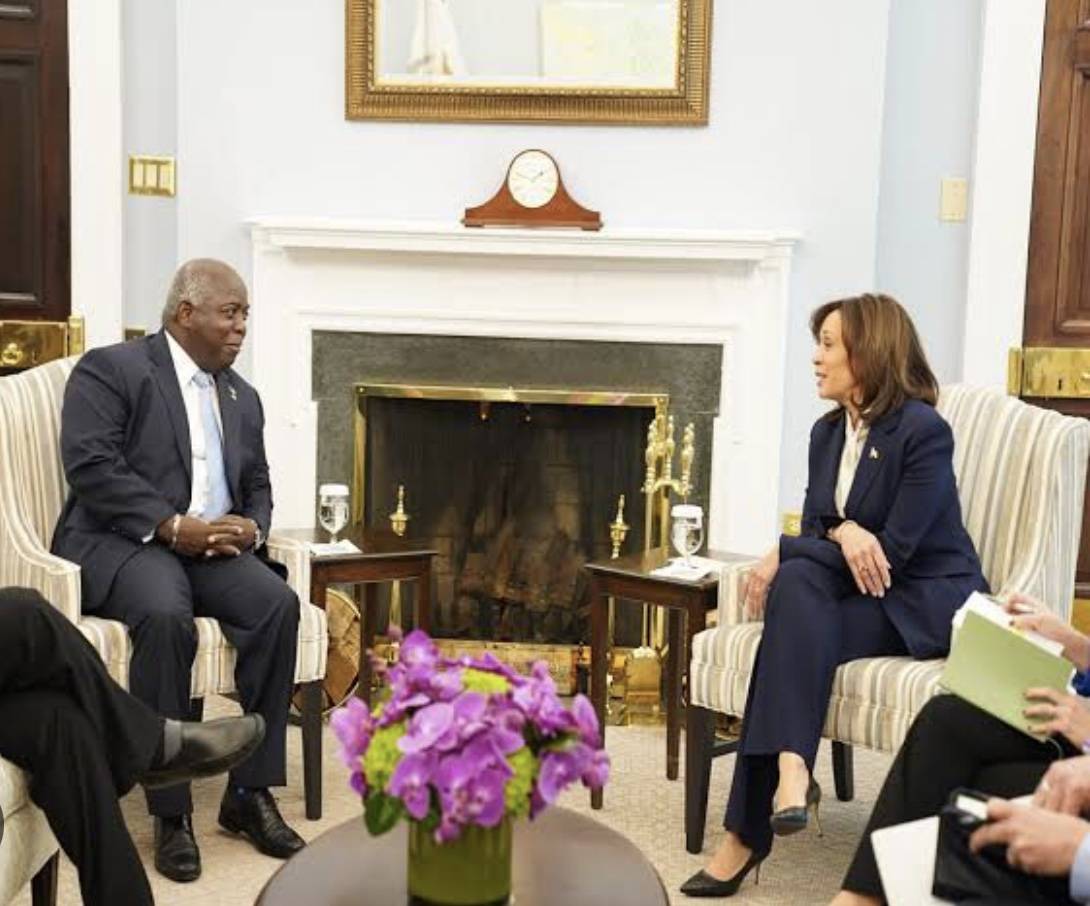
Prime Minister Philip Davis said following his meeting with US Vice President Kamala Harris at the White House in Washington, DC yesterday, he hopes the time has come to stop talking and start executing the actions the United States and other large countries have committed to, to help Caribbean nations achieve their energy goals.
Speaking at an Atlantic Council Front Page event, the prime minister – who spoke in his capacity as Caribbean Community (CARICOM) chair – said Caribbean nations are ready to cash in on the pledge the US made at last year’s Summit of the Americas.
“One of the issues that we have is that the blockade on Venezuela – that shares a gas field with Trinidad and Tobago that they would wish to exploit – has been hampered in doing so but if it did, Trinidad is going to help assist countries in lowering the cost of fuel to them. But I think alternative energy is the answer because it has been said that to develop an oil field is much more expensive than putting up a solar farm. But again for countries like ours there is still the cost,” the prime minister said in response to a question regarding how CARICOM sees the United States’ role in making energy more affordable in the region.
“While we are taking care of our debt, which is associated with climate change – which we have to [take care of] and at the same time look after the needs of our citizens – we have to pivot to alternative energy like solar, like I’m attempting to do. It is a costly exercise. So I welcome the PACC 2030 the US has entered into where it has prioritized lending technical assistance, providing financing for alternative energy, so we’re hoping to explore that aspect. Hopefully we will stop talking and start executing and acting.”
Following the Summit of the Americas last year, Vice President Harris announced the US-Caribbean Partnership to Address the Climate Crisis 2030 (PACC 2030), which is “the Biden-Harris Administration’s new initiative involving fresh commitments to, and integration of climate adaptation and resilience and clean energy programs across the Caribbean region”.
As it awaits the implementation of PACC 2030, Davis said CARICOM will continue to express the need for fair access to climate financing.
“What many of our countries are doing is moving toward renewable energy, solarizing, but only incrementally. Because as I said the barrier to complete solar is cost and it is prohibitive for many of our countries. In the meantime, what we are doing is what we do best, continuing to knock on the doors, continuing to speak up about it and letting our voices be heard on the issue of climate financing,” he said.


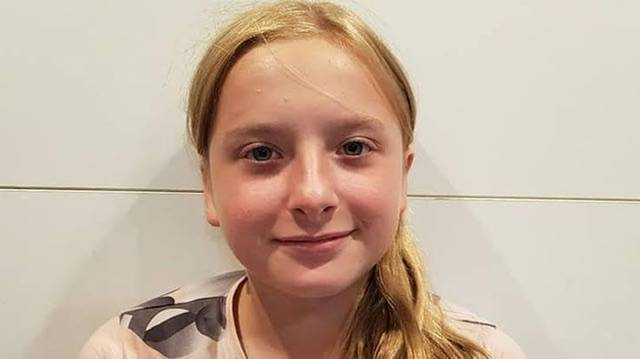
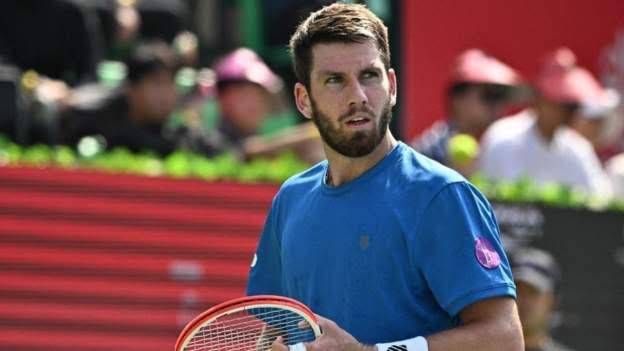
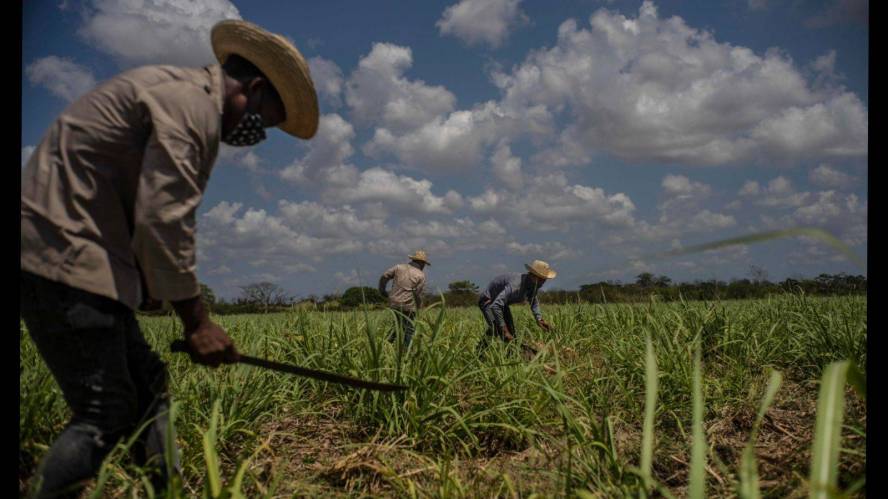
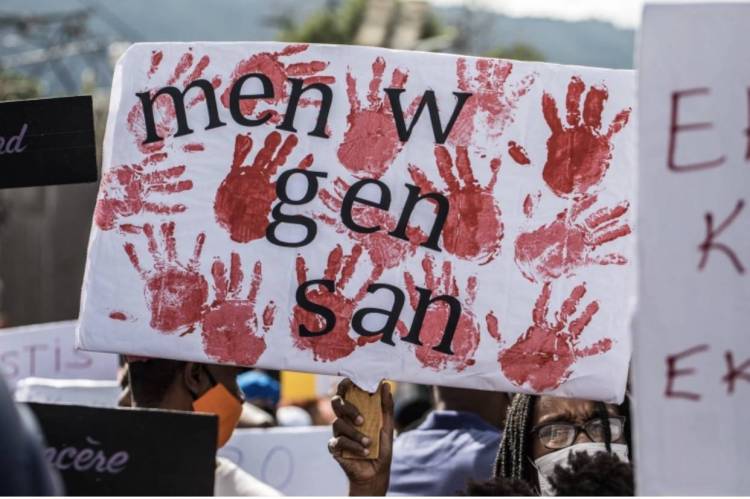
0 Comment